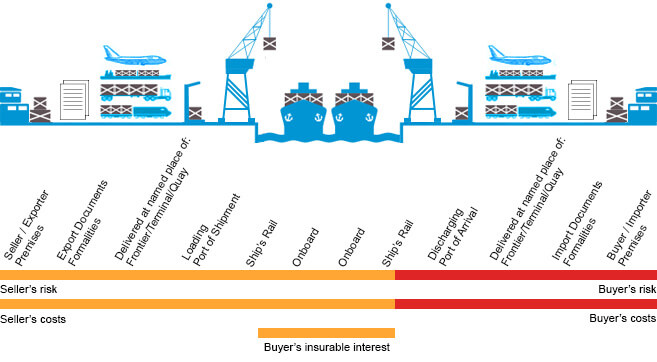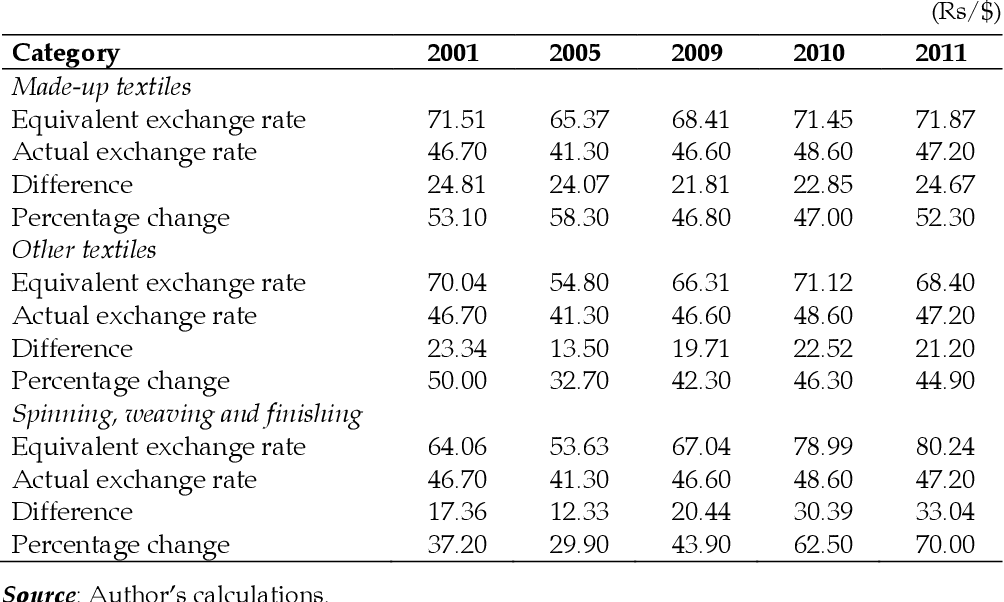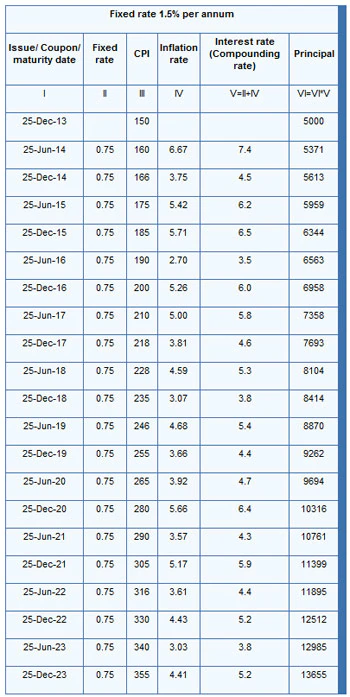
Transferring ownership of the property to the lender means that the borrower loses control over the asset until the loan is fully repaid. This can be particularly challenging for borrowers who rely on the property for their livelihood or have emotional attachments to it. Additionally, mortgages are often subject to more stringent legal requirements and documentation, which can make the loan process more complex and time-consuming. Mortgage also provides borrowers with the opportunity to build equity in their property. As the borrower makes regular mortgage payments, they gradually reduce the principal amount owed and increase their ownership stake in the property.
Q&A: ship mortgages and liens in Marshall Islands – Lexology
Q&A: ship mortgages and liens in Marshall Islands.
Posted: Fri, 09 Jun 2023 07:00:00 GMT [source]
They helped and successfully guided us to beat out 9 other competing offers! They were excellent at communicating with us at all times and they were extremely responsive. Having them on our team meant that we could always receive truthful, timely and accurate answers to our questions. We would most definitely utilize their services again and again for all of our real estate needs.
USAA Savings Account Interest Rates for June 2023
Because the lender can use the collateral to recoup a loss that may result from the borrower defaulting, it is not only willing to lend money but can do so at an affordable rate. This is why secured loans may have much better rates and terms than unsecured loans. Hypothecation is the pledging of an asset as collateral for purposes of securing a loan. Now that you understand the role that hypothecation agreements play in commercial real estate transactions, you’re one step closer to knowing the ins and outs on how to buy a house. Okay, stay with us — rehypothecation is what happens when a lender uses your collateral as collateral of its own to finance additional real estate loans.
Cholamandalam Investment and Finance : Notice to Shareholders – AGM 2023 – Marketscreener.com
Cholamandalam Investment and Finance : Notice to Shareholders – AGM 2023.
Posted: Mon, 10 Jul 2023 07:00:00 GMT [source]
Upon the contract the goods shall be returned or otherwise disposed of according to the directions of the person delivering the goods, when the purpose is accomplished. This, of course, is important to borrowers because it often means the ability for a borrower to get loan approval for a high-value asset at an affordable rate. Here is a closer look at how hypothecation works for securing a mortgage or auto loan and investing. This website is intended to provide a general guide to the valuer World and the services it provides. The material on our site is given for general information only and does not constitute professional advice. Where appropriate, users should seek their own legal or other professional advice.
Hypothecation FAQ
Because the property that would otherwise serve as collateral has yet to be built, the borrower would need to provide other property as substitute collateral. If the borrower fails to pay the loan, the lender could claim ownership of the collateral. Hypothecation in commercial real estate is the same as it is in residential real estate lending.

When you’re buying a commercial property, your lender might ask you to put your home or this property up as collateral. When you buy your home using a mortgage — instead of paying cash — your home serves as collateral for the debt. Even though you’re buying the home, your lender is the one loaning you the cash for the transaction. As a result, the loan comes with hypothecation, meaning if you don’t hold up your end of the contract, your lender could take your home. Hypothecation and mortgage are two common methods of securing a loan, but borrowers often find themselves confused about which option is better for their specific needs.
Faster, easier mortgage lending
The agreement will include the payment terms with a call-out that if you fail to meet the terms of the loan (namely, making on-time payments every month), the lender can take possession of the home. Often, the asset in question is the thing you’re borrowing the money for. With an auto loan, for example, you agree that your car is used as collateral for the money to buy the car.

So again, an investor who’s borrowing to purchase a rental property, such as an apartment building or duplex, would use the property itself as collateral for the loan. A mortgage is a transfer of an interest in immovable property and it is given as a security for a loan. The ownership of an immovable property remains with the mortgagor itself but some interest in the property is transferred to the mortgagee who has given a loan.
Why Your Savings Interest Rate Hasn’t Increased
When you borrow money to buy a house, the lender will require you to take out a mortgage. In addition to Forbes, her work has appeared on HuffPost, Business Insider, Yahoo! Finance, MSN, The Motley Fool, difference between mortgage and hypothecation U.S. News & World Report, TheStreet and more. Delivery of goods should be made for some purpose and upon a contract that when the purpose is accomplished the goods shall be returned to the bailor.
Hypothecation is typically used in situations where the borrower does not have enough collateral to secure a loan. Assets America was responsible for arranging financing for two of my multi million dollar commercial projects. At the time of financing, it was extremely difficult to obtain bank financing for commercial real estate. Not only was Assets America successful, they were able to obtain an interest rate lower than going rates.
On the other hand, mortgage is prevalent in the real estate industry, enabling individuals and families to purchase homes. Hypothecation and mortgage are two common methods of securing loans, but they differ in their legal and practical implications. In this article, we will explore the differences between hypothecation and mortgage through real-life case studies, shedding light on how these concepts are applied in practice. Another important consideration is the priority of claims in the event of default. In a hypothecation arrangement, the lender’s claim on the asset is typically subordinate to other claims, such as those of secured creditors or tax authorities. This means that if the borrower defaults, the lender may not be able to recover the full amount owed.
Frequently Asked Questions
The borrower hypothecates the house or vehicle in exchange for a lower rate loan. If the borrower continues to make on-time payments, they can live in the home or drive the car used to secure the loan. For a home or auto loan, this can mean foreclosure or repossession for the borrower. With most mortgages and auto loans, hypothecation is a standard requirement. In the case of getting a mortgage on a home, without hypothecation, a borrower could default on the mortgage and yet still be able to keep the house. No financial institution would be willing to lend with such risk, leaving most people unable to buy a home without the cash to do so.
- From a legal perspective, both hypothecation and mortgage involve the creation of a security interest in an asset.
- Mortgages typically require a down payment, which is a portion of the purchase price paid by the borrower upfront.
- For example, the lender may use an apartment building offered as collateral for a commercial real estate loan as collateral for a new loan.
- As with a home mortgage, the property is used as collateral for the loan, and the lender can foreclose on the property if you default on the loan.
In this article, we will explore the differences between hypothecation and mortgage, and discuss the advantages and disadvantages of each. One of the key advantages of mortgage is the ability to secure a loan without relinquishing ownership of the property. With hypothecation, the borrower transfers ownership of the property to the lender as security for the loan. This can be a disadvantage for borrowers who want to retain control and ownership of their property.
A pawner is one who being liable to an engagement gives to the person to whom he is liable a thing to be held as security for a payment of his debt or the fulfilment of his liability. These terms are used for creating a charge on the assets which is given by the borrower to the lender as a security for any loan. Hypothecation is also used in investing when investors buy on margin or short stocks. Short selling involves borrowing securities and requires the investor to open a margin account to pledge as collateral. Buying on margin involves borrowing money from a broker or bank to buy securities. The investor typically pledges securities or other investments as collateral.

These offers do not represent all available deposit, investment, loan or credit products. In the case of hypothecation, the asset is not transferred to the lender. In the case of a pledge, possession of the asset/goods remains with the lender. I received recently an email requesting to explain the
difference between above terms as the sender has been put this question in his
interview. With my 30 years experience in banking, it looked very
simple, but I realised that when I was studying my law, I too had to put lot of
effort to make the same clear.
